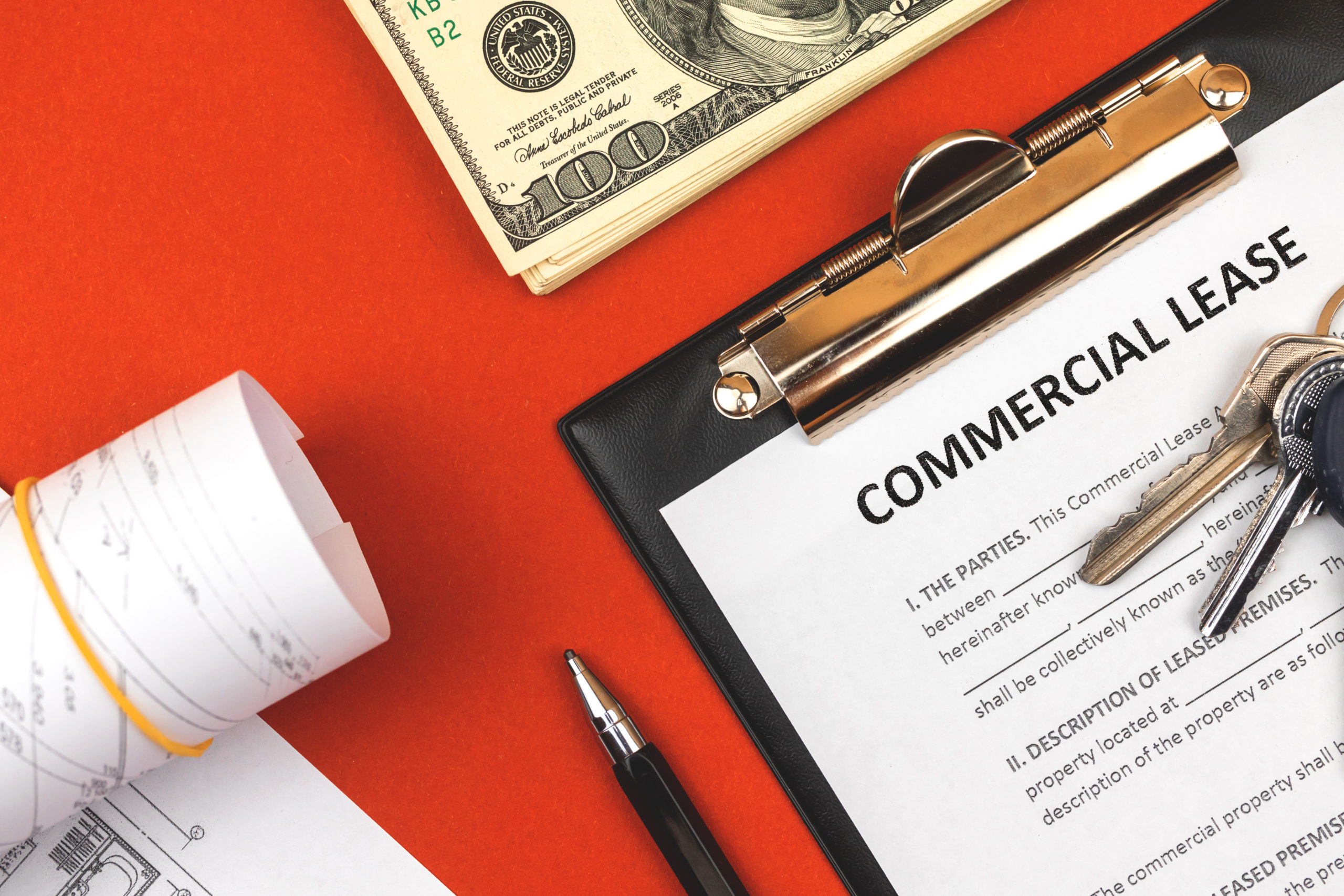While some of the provisions contained in commercial lease agreements may be considered commonplace or “boilerplate” language, there are certain issues that require specific attention, depending upon your position in such transactions as the landlord/lessor or the tenant/lessee.
For instance, the repair and maintenance obligations of each party are especially important in hurricane-prone areas such as Florida. Typically, the landlord is responsible for the exterior portions of the premises, including the roof, while the tenant is responsible for the interior portions of the premises.
However, some landlords may attempt to shift the repair and maintenance obligations for certain roofing components to the tenant, such as for skylights, membranes, and the like. If you are the prospective tenant in such instances, you may wish to push back against such efforts by the landlord as part of your lease negotiations, or at least insist upon receiving and reviewing copies of the landlord’s most recent roof installation or repair warranties, in order to ensure they afford you sufficient protection from a significant windstorm event.
Another repair and maintenance issue about which the parties should pay careful attention is regarding those utilities which service the leased premises, such as natural gas, water, and electricity. Oftentimes, a landlord will attempt to place the entire repair and maintenance burden for such items upon the tenant. In such instances, a tenant should insist upon limiting its responsibility to only those portions of the utilities which enter upon, into, or pass through the leased premises, but not beyond.
It is common for landlords to require that tenants carry certain minimum insurance coverages in connection with the tenant’s use of the premises, to furnish the landlord with copies of such insurance declarations, and to name the landlord as an additional insured/loss payee under said policies. However, it is also prudent for a tenant to request and review copies of the landlord’s insurance coverages for the building and leased premises, in order to ensure there will be adequate proceeds to repair or replace the premises, as necessary. To further protect themselves, tenants are advised to work closely with an insurance agent to procure the required policy types and coverage limits.
Whether you are the landlord or the tenant to any commercial lease agreement, you are entering into a contract with legal implications. Planning ahead, being well-informed and seeking legal counsel early on will help avoid or mitigate risk over the life of the contract. If you are considering entering into a commercial lease agreement and need assistance, please contact PLDO Partner Drew B. Sherman in our Boca Raton, Florida office at 561-362-2022 or email dsherman@pldolaw.com.
Disclaimer: This blog post is for informational purposes only. This blog is not legal advice and you should not use or rely on it as such. By reading this blog or our website, no attorney-client relationship is created. We do not provide legal advice to anyone except clients of the firm who have formally engaged us in writing to do so. This blog post may be considered attorney advertising in certain jurisdictions. The jurisdictions in which we practice license lawyers in the general practice of law, but do not license or certify any lawyer as an expert or specialist in any field of practice.


